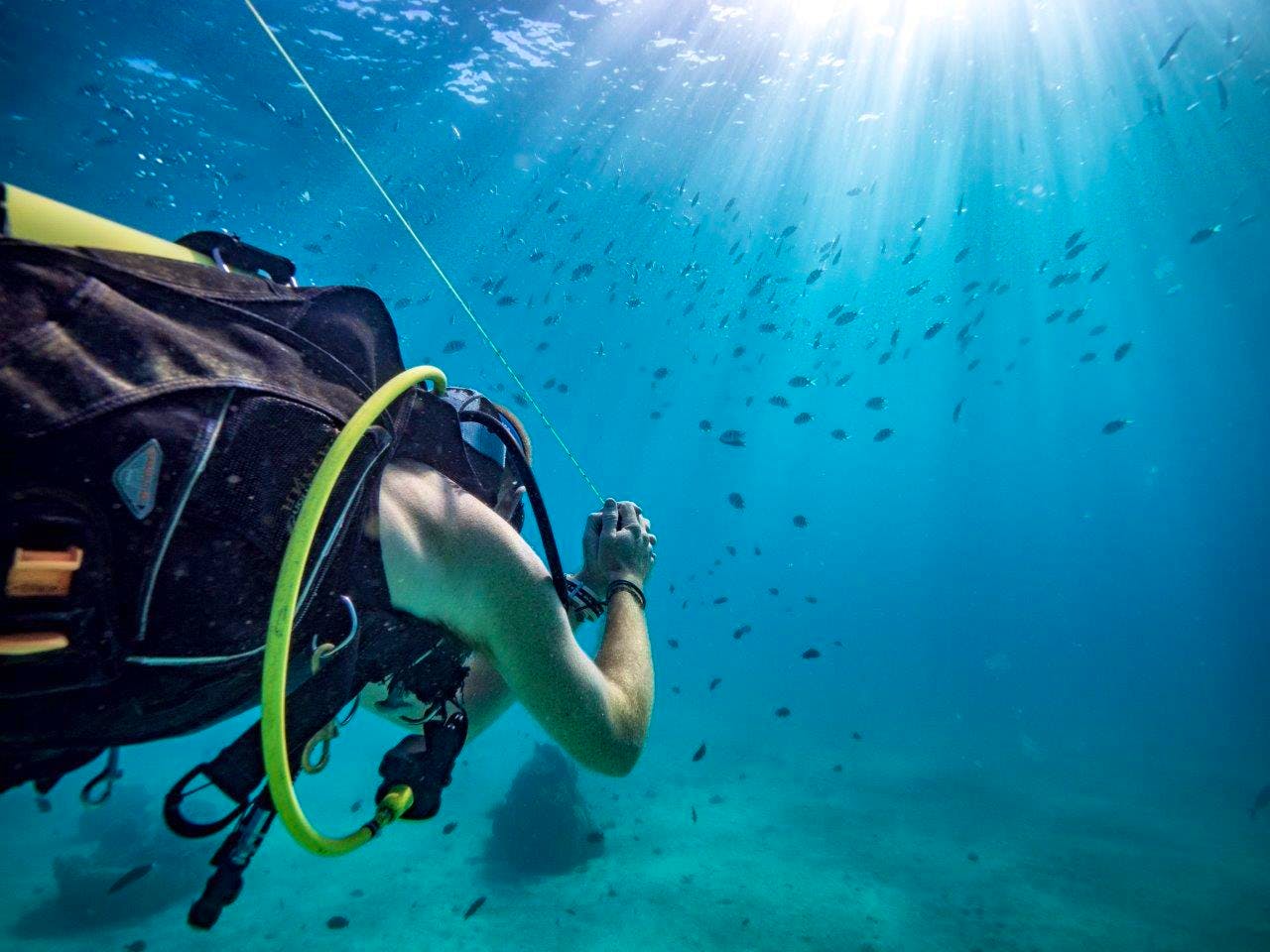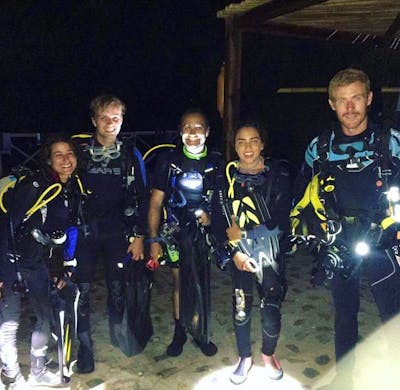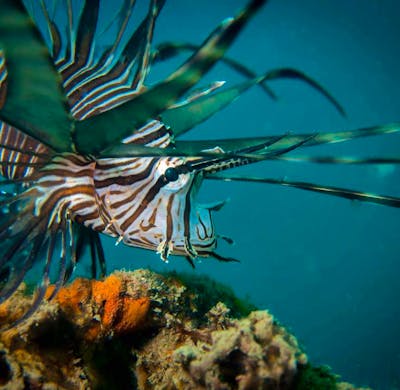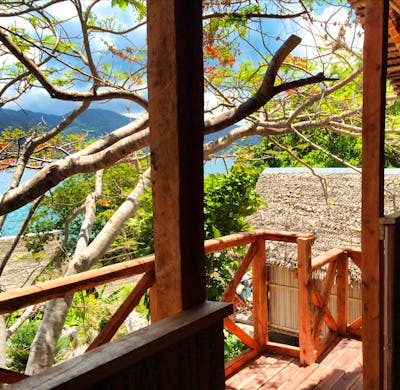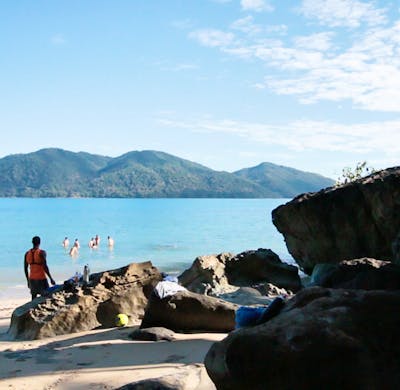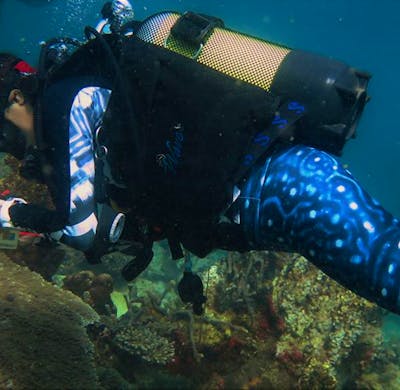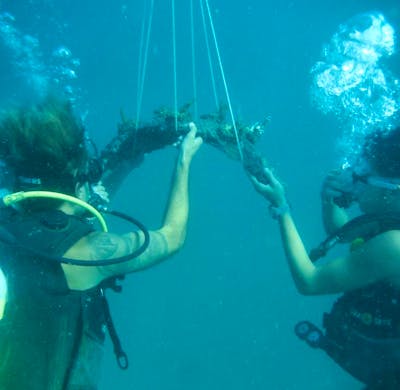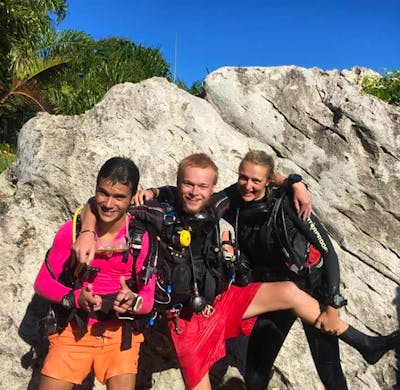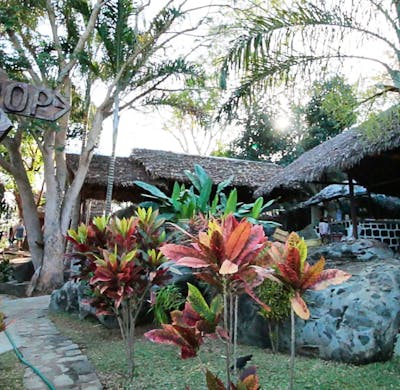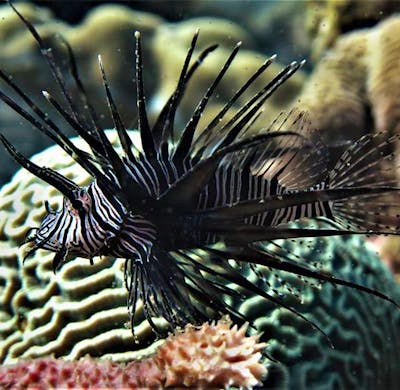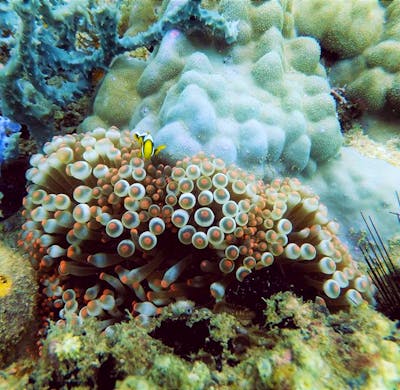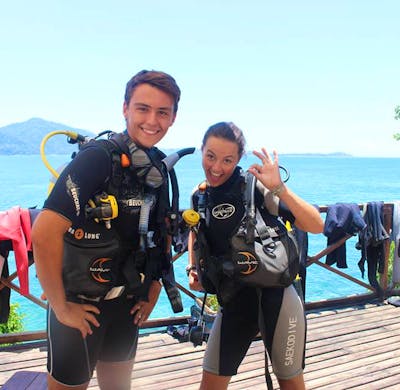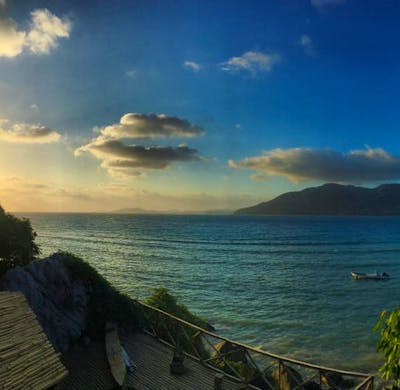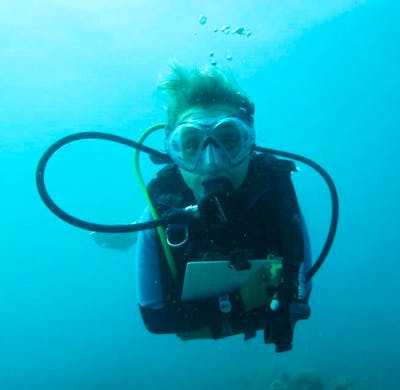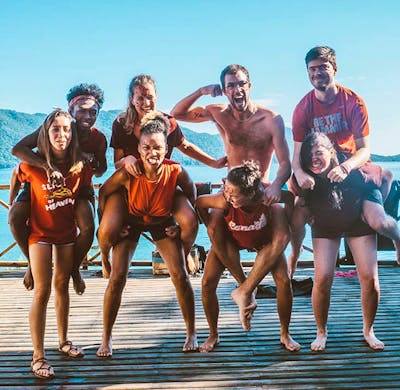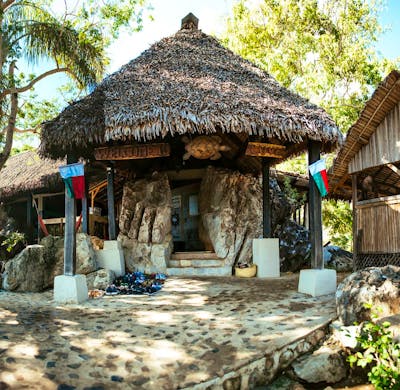- PADI crew packs / Manuals for the relevant course(s)
Snorkel and mask (with tempered glass)
Fins (open heel with booties are more comfortable for
frequent use)
Wetsuit (long or short, 3mm minimum)
Surface marker buoy (DSMB)
Reel (a small finger reel is adequate)
Waterproof watch
Dive compass
Log book
Flights
Visa costs
Personal items
Currency: In Madagascar the official currency is the Malagasy
Ariary (MGA), which can only be exchanged in Madagascar. There are a number
VISA ATMs located in Hellville which volunteers can draw cash from. We do
however advise that you bring some Euro’s along with you.
Passport and Visa: All visitors require visas and a one to three month
single entry visa may be obtained on arrival at the airport. We do recommend
you check with the Consulate General as visa requirements can change at any
time. A passport valid for 6 months after date of return is required. Please
ensure you have at least two blank pages available in your passport before
commencement of travel.
VISAS 30-Day visa: 35 Euros / 37 USD 60-day visa: 40 Euros / 45 USD
Most nationalities can get a visa upon arrival at the airport in Madagascar or the Madagascar embassy in the country of departure. You can purchase either a 30 or 60-day visa. There are no ATMs or credit card facilities at the airports so you will need to bring enough cash to pay for your visa when you land. The visa costs are as follows: * Visas may be extended to 90 days for $75 once in-country Due to its structure, this program is classified as a tourist trip. Volunteers participate on a project for three months or less, work an average of three to five hours daily (not full-time), and do not receive any pay or free accommodation/meals in compensation for work. That qualifies these types of trips as “tourist” trips, therefore, we recommend you select “tourism” as your reason for travel on your visa. Other visa types may be available, however, they are often unnecessary, expensive and time-consuming.
What to bring along:
Personal Items - Essential Items
for all Volunteers
Lightweight waterproof rain jacket
T-shirts/vests
Light long-sleeved sweatshirt/ jumper/ fleece
Trousers (suitable for going into the forest)
Shorts
Underwear
Swimming costume/bikini/board shorts
Sunhat
Sunglasses
Walking boots or good trainers /sneakers
Flip-flops
Day pack (waterproof)
Dry bag/ziplock bags that will keep items dry
Lightweight single person mosquito net
Cotton sleeping bag liner and/or single sheet & pillow case.
Sleeping bag if coming in the cooler months (June-August)
Towel or sarong
Toiletries (soap, shampoo, razor, tampons, toothpaste, toothbrush)
Sunscreen (water-resistant, preferably biodegradable)
Insect repellent
Head torch (with rechargeable batteries)
Photocopy of passport, travel insurance details, dive qualifications (if
relevant) and other important travel documents
Debit card/credit card
Spending money
Solar Panel Charger
Personal Medical Kit (example)
- Anti-malarial tablets
- Paracetamol / Ibuprofen
- Antihistamine pills / cream
- Rehydration tablets / sachets
- Immodium
- Multivitamins
- Antiseptic cream or spray
- Motion sickness pills if prone
- Bandage / Plasters
- Dressings / Micropore tape
- After sun lotion or gel
Optional Items for all Volunteers
- Battery pack (to use in conjunction with your solar panel)
- Mobile phone (you can buy a local SIM card for around US$10)
- A padlock to secure personal items
- Laptop/iPad/iPhone
- Camera (waterproof)
- Books
- Water bottle
- Sarong
- A nice set of clothes if you want to go out for dinner or dancing
- Rash vest
- Talcum powder
- Treats/food difficult to get in Madagascar
- Travel guide (many volunteers find Lonely Planet to be very helpful for
preparation and once they are in Madagascar)
Essential Items for Marine
Conservation Volunteers
- PADI Crew Pack (available to purchase online or from your local PADI
Dive store)
- Medium to large dive slate (A5-A4 size)
- Mask (with tempered glass) and snorkel
- Dive Fins (open heel with booties are more comfortable for frequent use)
- Wetsuit (long or short, 3mm minimum)
- Surface Marker Buoy (DSMB) and reel (a small finger reel is fine)
- Waterproof watch (resistant to 200 meters)
- Dive compass
- Log book
- Dive computer (optional)
- Dive bag (optional)
- Diving knife (optional)
Program Requirements: To participate on the Marine Conservation program, volunteers
must have both PADI Open Water and Advanced Open Water Dive Certification or
equivalent to survey. PADI diving courses can be completed with us in
Madagascar at the research centre. Volunteers must complete the PADI E-learning portion of the
PADI training prior to arrival in Madagascar as access to WIFI is limited. When applying for the Marine Conservation Program, volunteers must specify their
level of scuba-diving and/or any training required. Visit our MRCI Dive School
page for more information on our PADI courses. Please note, this project has a
minimum duration of 4 weeks to allow sufficient time to complete the dive and
marine research training required to participate effectively on the project.
Internet: Wi-Fi is not
available on camp, however there is Wifi access in the neighbouring village of
Ampang, about a half hour hike from camp.
Volunteers will also have access to Wifi over the weekends either in
Ampang village or on the Neighbouring Island of Nosy Be.
Laundry: A hand washing
laundry station is provided on camp with a clean water tap, concrete work
surface for scrubbing, and buckets. Volunteers will need to purchase their own
laundry soap (available on neighbouring Nosy Be) and can either do their own
washing, or pay one of the local kitchen or care taker staff to do it for them.
Typically, it costs 10,000 MGA per bag of laundry, plus soap.
About the Marine Conservation Program:
Reef Research
The MRCI
marine team collects time-series data recording diversity and abundance of
fish, invertebrate and reef building organisms through reef surveys at various
sites along the coast of Nosy Komba. MRCI are also monitoring the health of the
coral in the wake of our changing climate through coral bleaching and invasive
species surveys. After two years of survey work, the area of reef situated
directly in front of our home, Turtle Cove, known as ‘Turtle Towers’ was designated
as a ‘no-take’ Marine Protected Area (MPA), prohibiting all fishing activities
and restricted boat activities. This provided the unique opportunity to
additionally monitor the effectiveness of the MPA over time in allowing the
reef ecosystem to improve after being subjected to heavy, artisanal fishing
pressures and boat activities. The MPA site will be compared to our other reef
sites that are still impacted by direct anthropogenic pressures. The reef
research volunteers will be assisting us with is vital to justify the need for
the MPA, to raise awareness in the community and to provide more sustainable
local fishing opportunities for years to come.
The organisms
surveyed are divided into three species groups; the ‘active swimmers’ (fish),
‘benthic’ (bottom dwellers) and ‘sessile’ (stationary). Volunteers usually
specialise in one of three species groups, learn the species and are trained
how to participate in the reef surveys.
All the data collected through our reef surveys goes
to the Coastal Oceans Development Indian Ocean (CORDIO),
and is shared with our national partner, Madagascar Centre Nationale Researche
Oceanographique (CNRO).
Artificial Reef Research
The
establishment of artificial reefs in key areas are proven to be an effective
way to enhance coral reef stability and sustain the abundance of reef species.
Madagascar has witnessed several bleaching events and reef degradation in
recent times, so there is an urgent need to establish habitats which can
support a greater diversity of marine species.
Coral Transplantation
The MRCI
marine team has recently constructed a series of small, concrete, boulder-like
hollow structures called ‘domes’, with transplanted hard and soft corals
attached to them. These domes have been arranged into rows parallel to Turtle
Towers reef, within the MPA, which has been nick-named ‘The Orchard’. Over a
6-month period volunteers have helped to construct, implement, clean and monitor
the progress of the ‘baby-corals’. Now, you will be assisting the marine team
to survey The Orchard, and add new sites, recording growth rates of the corals,
level of coral bleaching and assessment of the recruitment of additional
species over time to the new artificial reef.
Creative Structures
The team has
also built a collection of metal re-bar artificial structures beyond Turtle Towers reef, also within the MPA. The aim of
both artificial reef projects is to provide additional substrate and habitat
for organisms to grow and thrive, to boost the rejuvenation and recovery of the
reef ecosystem within the MPA. Volunteers will have the opportunity to monitor
and carry out surveys on these structures, recording the benthic assemblage
cover as well as species biodiversity and abundance, to add to MRCI’s time-series
dataset.
Nudibranch Research
Nudibranchs are a group of wonderfully diverse
sea-slugs (gastropod molluscs). They have close associations with the marine
invertebrates and are great indicators of reef diversity. Volunteers will
actively participate in recording the species abundance and diversity of these
marine molluscs. Volunteers will assist us to build up the MRCI catalogue of
all the different species found in the area, which in turn helps to determine
the health status of the coral reef. All the data is shared with our national partner, Madagascar Centre Nationale Researche
Oceanographique (CNRO), who compare our species diversity with Nosy Be and
other parts of Madagascar.
Turtle Monitoring
On Nosy Komba
we see both the green and hawksbill turtles within and around the MPA. In
addition, the beaches adjacent to Turtle Cove are visited by a small population
of nesting turtles. Volunteers will be recording data on sightings of marine
turtles around Turtle Cove, through dry ‘turtle watches’ from the centre and on
snorkelling surveys. In addition, during the breeding season from November to
March, you participate in ‘Extreme Turtle Watch’ patrolling the nesting beaches
during the night for signs of activity. Volunteers will also have the
opportunity to assist in environment workshops promoting turtle conservation
measures. The overall aim is to establish the frequency and population strength
of the varying species which visit as well as any seasonal and long-term
charges in population size. The data collected on these important, endangered
species is shared with the C3 UK Branch of the
International Union of Convention of Nature (IUCN).
HEALTH CONDITIONS We kindly request that all volunteers inform our volunteer coordinator and senior staff of any health conditions, mental illnesses, disabilities, or other relevant information that may affect their participation in camp activities. Please be assured that any such information will be kept strictly confidential. It is important for us to have this information to ensure that we provide fair treatment and ensure your safety during your stay on camp.
MOBILE PHONES Volunteers can bring their mobile phones and purchase a local SIM card and credit for calling and data upon arrival. If their phone’s SIM is locked, they have the option of purchasing a local phone. This is great for keeping in touch with local staff, other volunteers and loved ones at home. Once you have purchased a SIM card and data package, you can access the internet via cell service in most places on Nosy Be and Nosy Komba, including camp. With enough credit loaded on, you can make both domestic and international calls. The country code for calling Madagascar is +261.
ELECTRICAL APPLIANCES The most common type of wall plug in Madagascar is the typical European rounded twoprong plug (Type C) and the rounded two-prong plug with a hole for the male grounding pin (Type E). The voltage is 20V and the frequency is 50Hz.
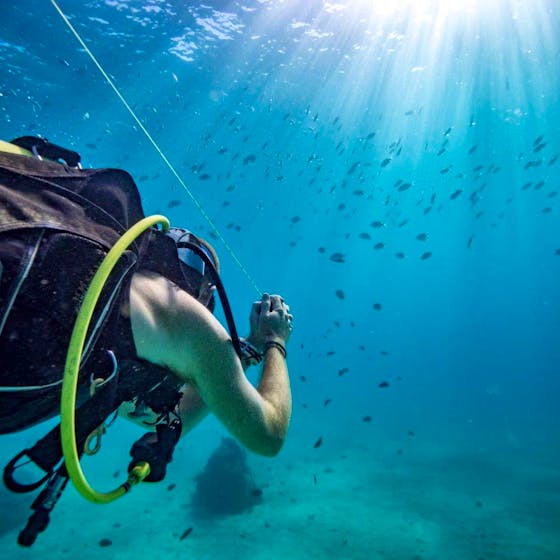
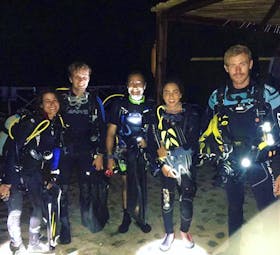
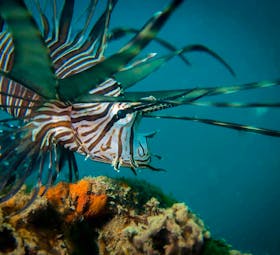
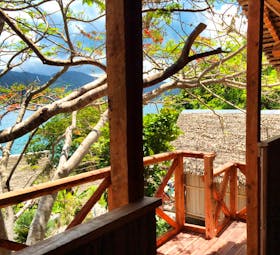
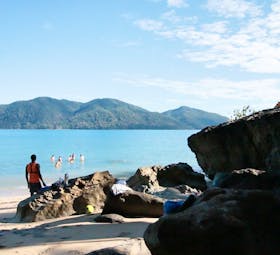
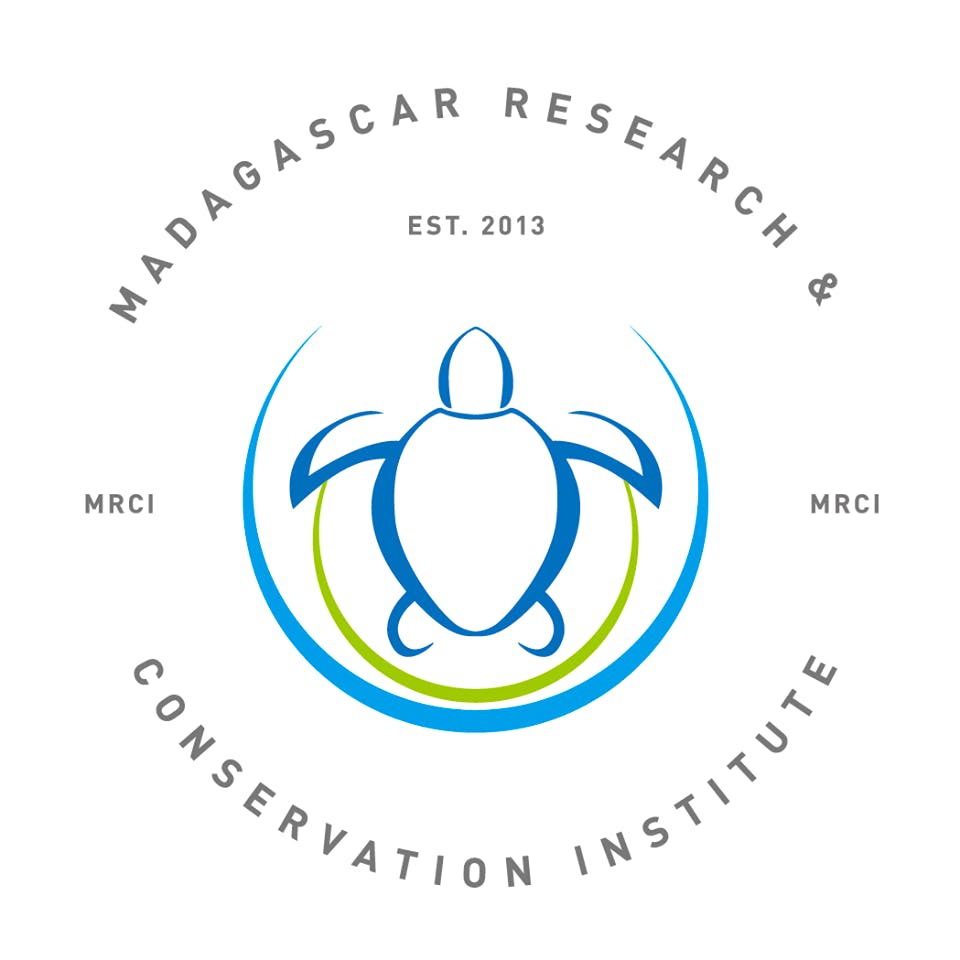
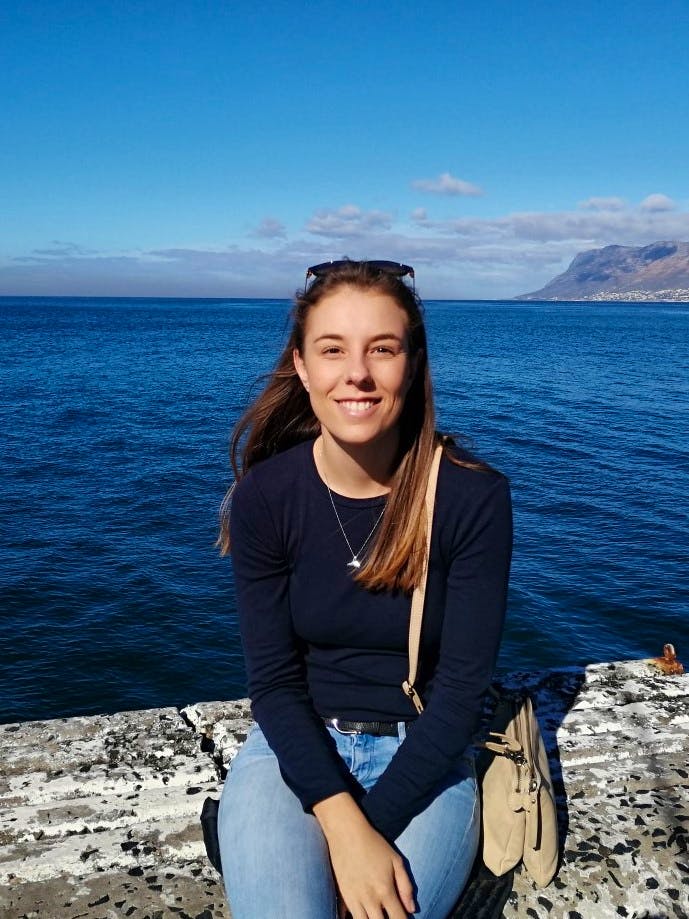
 4.6
4.6

